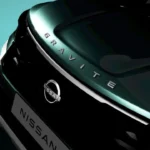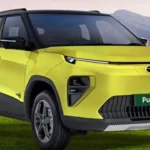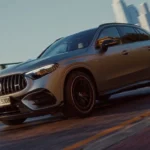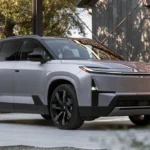
Bharat NCAP Crash Tests: Top 5 Safest Cars in India (2025 Edition)
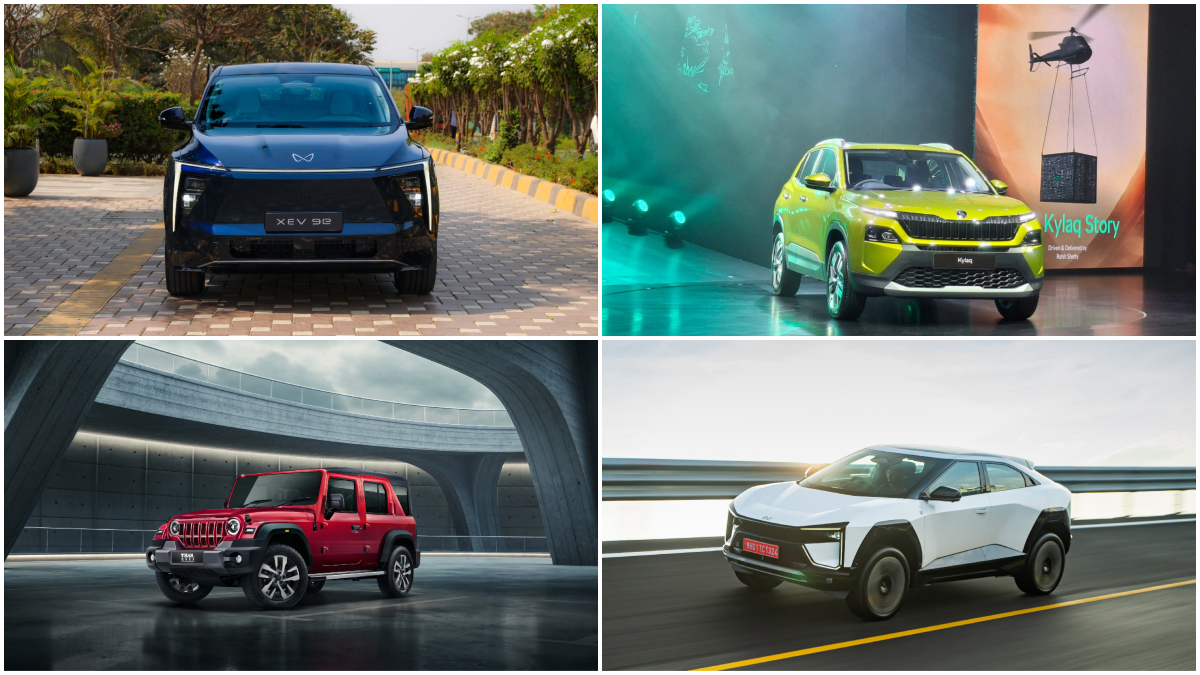
Table of Contents
India’s automotive landscape is undergoing a transformation—not just in technology, but also in safety. With rising consumer awareness and government regulation, vehicle safety has emerged as a top priority. A major step in this direction was the introduction of Bharat NCAP (BNCAP) in December 2023, launched by Union Minister Nitin Gadkari. This indigenous crash test program aims to evaluate and standardize vehicle safety for Indian road conditions, bringing transparency to the safety ratings of cars sold in the country.
Since its launch, Bharat NCAP has tested 17 vehicles across various segments, including electric SUVs, off-roaders, compact crossovers, and MPVs. Let’s take a closer look at the top 5 safest cars in India for 2025, based on their BNCAP scores.
1. Mahindra XEV 9e – 77.00 Points
Leading the charts is Mahindra’s flagship electric SUV, the XEV 9e. Designed with a focus on both performance and passenger safety, the XEV 9e scored a perfect 32/32 in Adult Occupant Protection (AOP) and 45/49 in Child Occupant Protection (COP).
Despite being an EV, the XEV 9e incorporates traditional crash safety principles with modern tech. It comes equipped with:
- Six airbags (seven in top trims)
- Level 2 ADAS features
- 360-degree camera
- All 3-point seat belts
It also performed well in the dynamic and child restraint system (CRS) installation tests, proving that EVs can be as safe—if not safer—than traditional ICE vehicles. Price range: ₹22.65 – ₹31.25 lakh (ex-showroom).
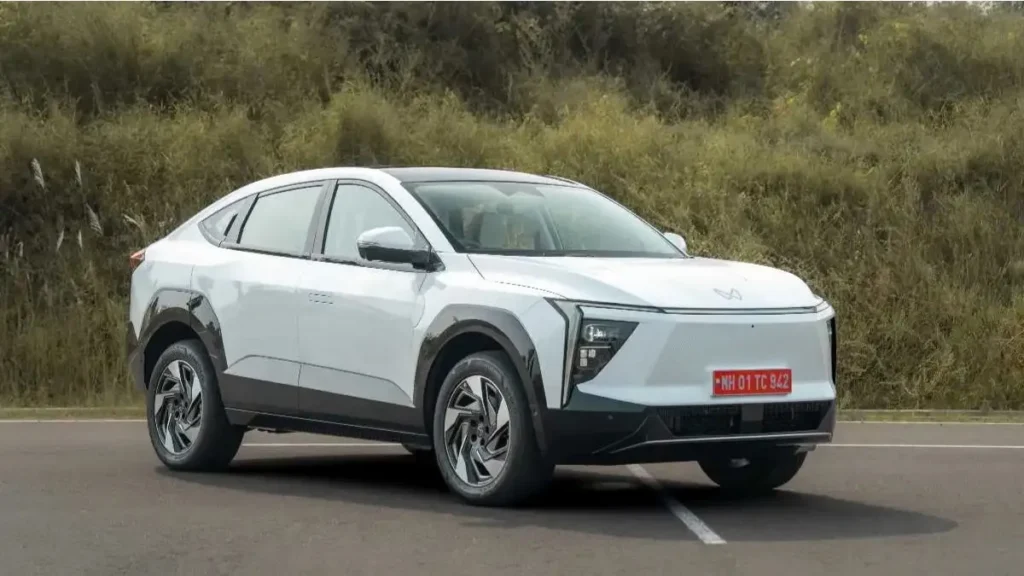
2. Mahindra BE 6 – 76.97 Points
Coming in a close second is another electric SUV from Mahindra, the BE 6. With a score of 31.97/32 in AOP and 45/49 in COP, it mirrors the XEV 9e in child safety but falls short by just 0.03 points in adult protection.
The BE 6 shares the same platform and safety equipment as the XEV 9e, including multiple airbags, advanced chassis reinforcements, and ADAS. It’s slightly more affordable, making it an attractive choice for families seeking a safe EV without stretching the budget too far. Price range: ₹19.65 – ₹27.65 lakh.
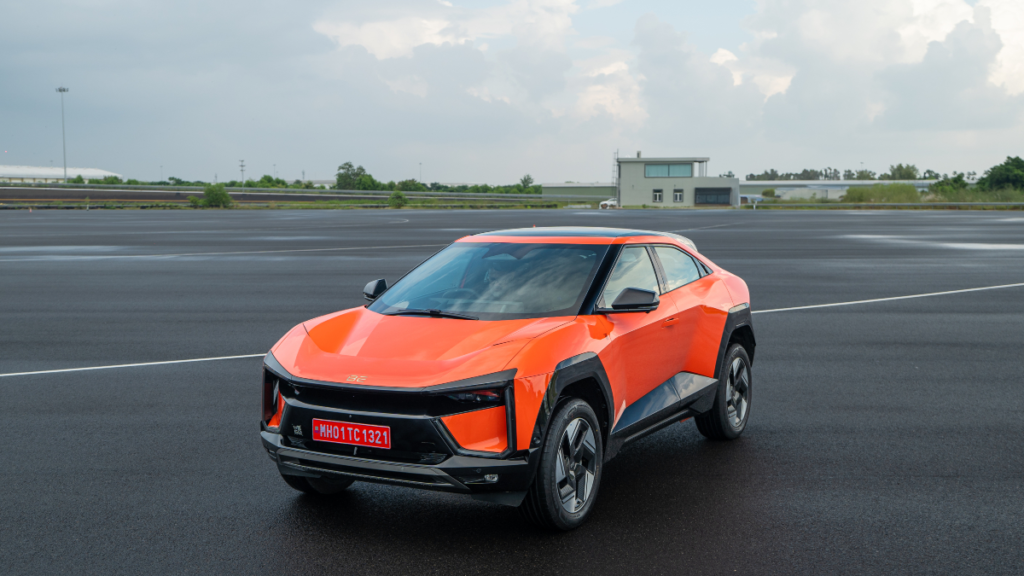
3. Mahindra Thar Roxx – 76.09 Points
An off-roader with exceptional safety? The Mahindra Thar Roxx proves that ruggedness and occupant protection can go hand in hand. Scoring 31.09/32 in AOP and 45/49 in COP, the Thar Roxx ranks third overall.
Built on a ladder-frame chassis, this 4-door SUV offers:
- Dual airbags
- ESC and hill descent control
- Side-impact reinforcements
It’s powered by 2.0L petrol and 2.2L diesel engines, available with both manual and automatic transmissions. The Thar Roxx offers serious off-road credibility while prioritizing passenger safety. Price range: ₹12.99 – ₹23.29 lakh.
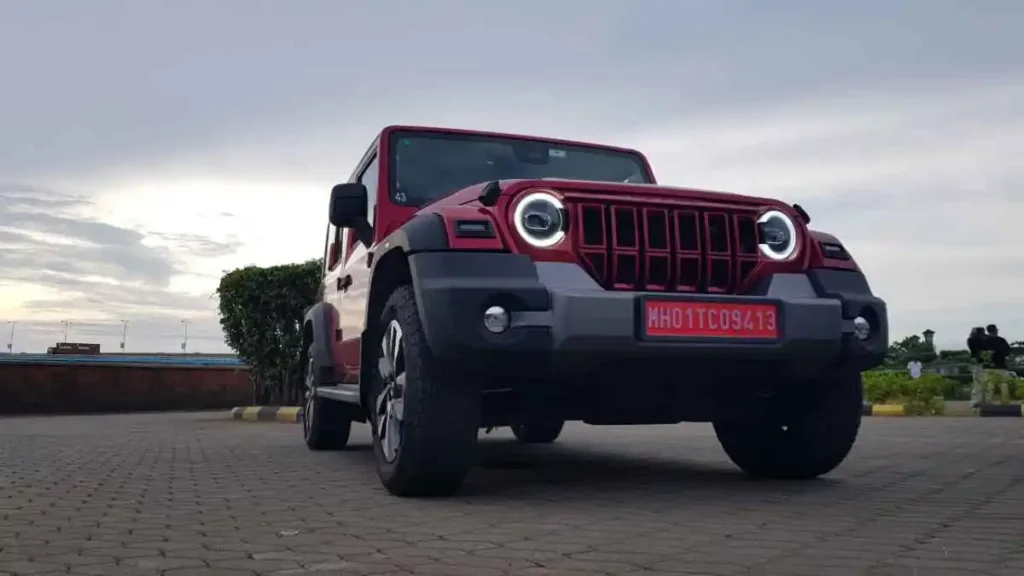
4. Skoda Kylaq – 75.88 Points
Skoda makes an impressive entry with the Kylaq, its first sub-4 metre SUV. Despite lacking Level 2 ADAS, the Kylaq demonstrates that smart engineering and structural safety are just as important.
It scored 30.88/32 in AOP and 45/49 in COP, showing that it’s one of the safest compact SUVs in India. With:
- Strong body shell integrity
- Dual airbags and ESC as standard
- Rear parking sensors and ISOFIX mounts
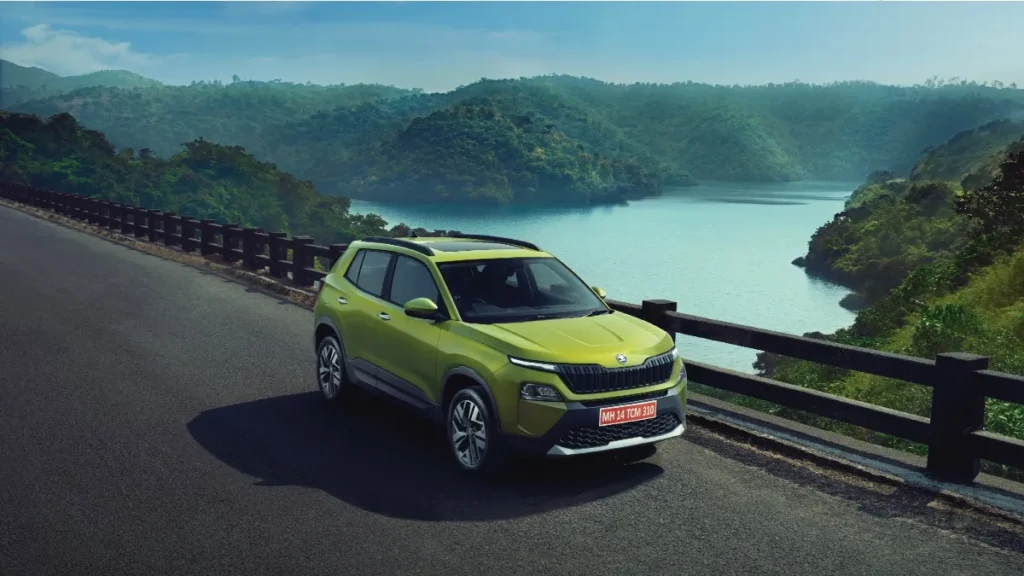
Skoda Kylaq is ideal for city users prioritizing affordability and safety. Price range: ₹8.25 – ₹13.99 lakh.
5. Kia Syros – 74.63 Points
Breaking into the top five is a surprise entrant: the Kia Syros, the only MPV on this list. The petrol variant scored 30.21/32 in AOP and 44.42/49 in COP, a remarkable feat for a family-focused people-mover.
It features:
- Dual airbags and ABS across all variants
- 1.0L turbo-petrol and 1.5L diesel engine options
- Excellent occupant space and reinforced cabin structure
The Syros proves that MPVs can be both practical and safe. Petrol price range: ₹9.50 – ₹16.80 lakh; Diesel: ₹11.30 – ₹17.80 lakh.
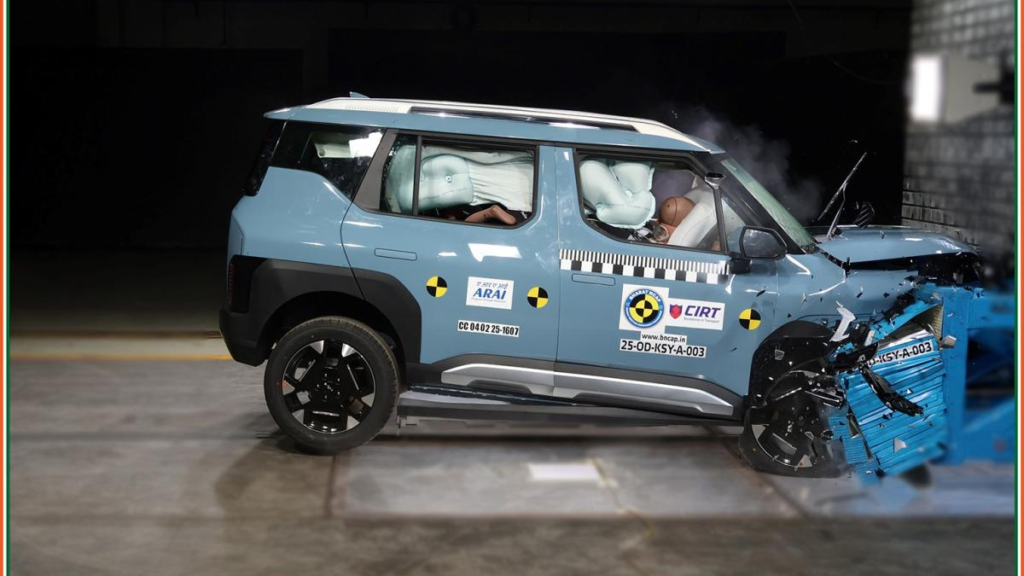
Conclusion: What Bharat NCAP Means for Indian Car Buyers
Bharat NCAP is a major milestone in making India’s roads safer. Unlike voluntary safety ratings from GNCAP in the past, BNCAP sets a standardized, government-backed benchmark for vehicle safety. It empowers buyers to make informed decisions based on real crash performance, not just features.
Mahindra’s dominance on this list, especially with EVs, shows that the brand is taking safety seriously—across segments and powertrains. But brands like Skoda and Kia are proving that clever engineering and value-driven design can also achieve top safety scores, even without the latest driver aids.
As BNCAP continues to test more vehicles, expect carmakers to improve safety standards further—ultimately benefiting every Indian driver and passenger.
Related posts


Tata Punch EV Facelift Spotted Undisguised Ahead of February 20, 2026 Launch

Mercedes-AMG GLC 53 Revealed with 443 HP Inline-Six Engine


